Fall Symposium on Digital Scholarship 2021
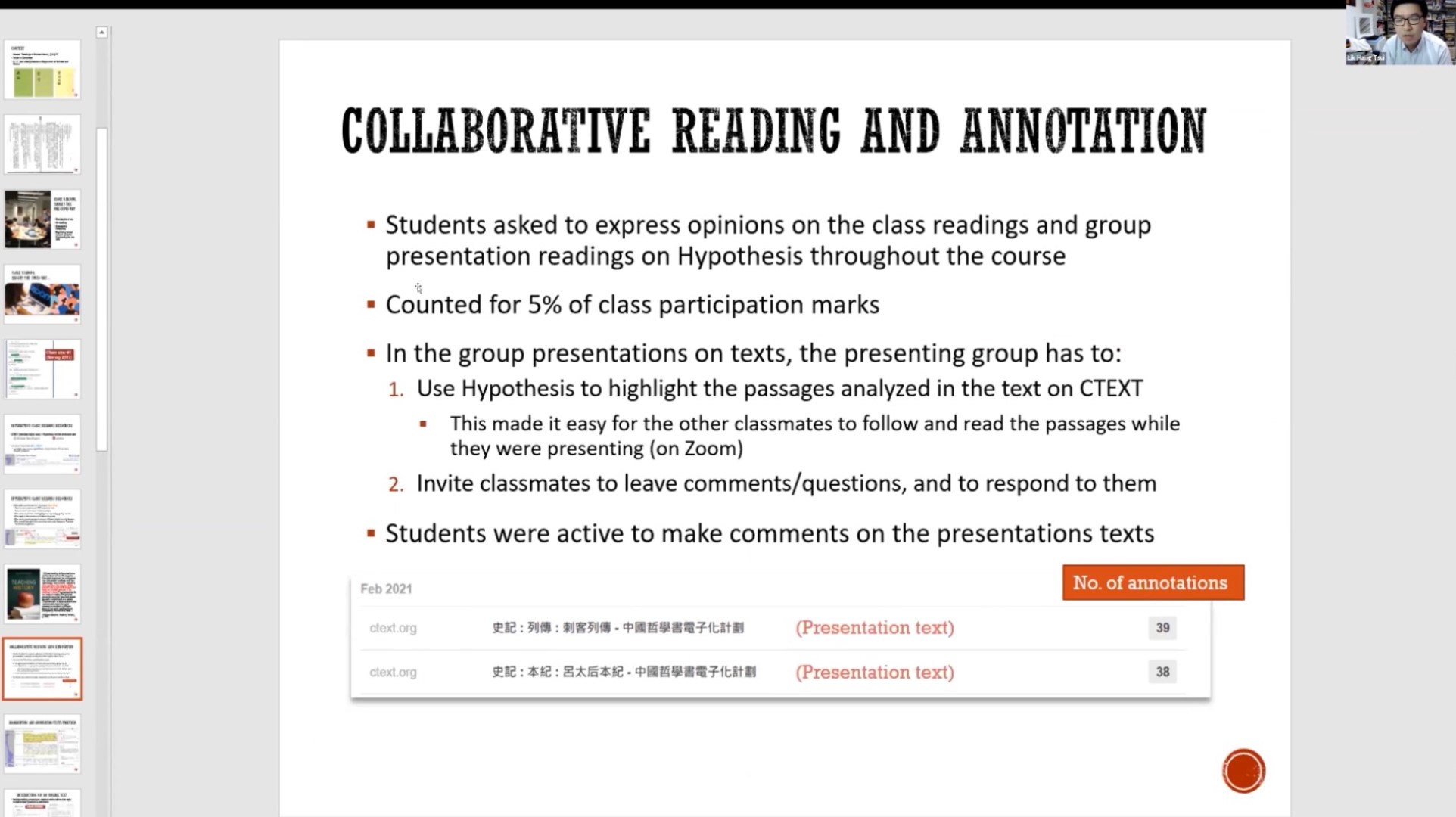
Interactive Close Reading: Could it be Taught Entirely Digitally?
2021 | 41 mins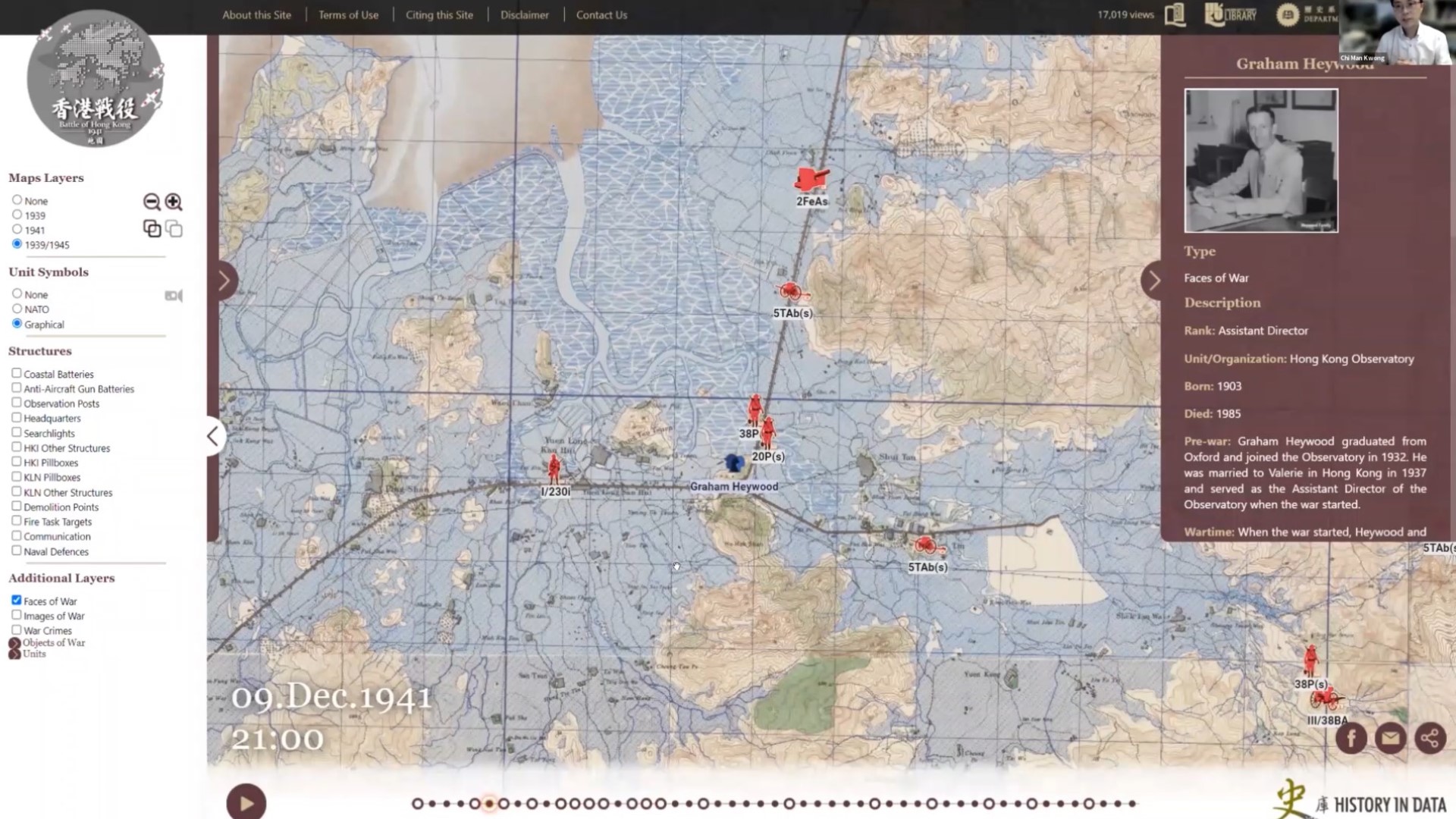
Telling Stories with Maps: the Battle of Hong Kong in 1941 as Example
2021 | 33 mins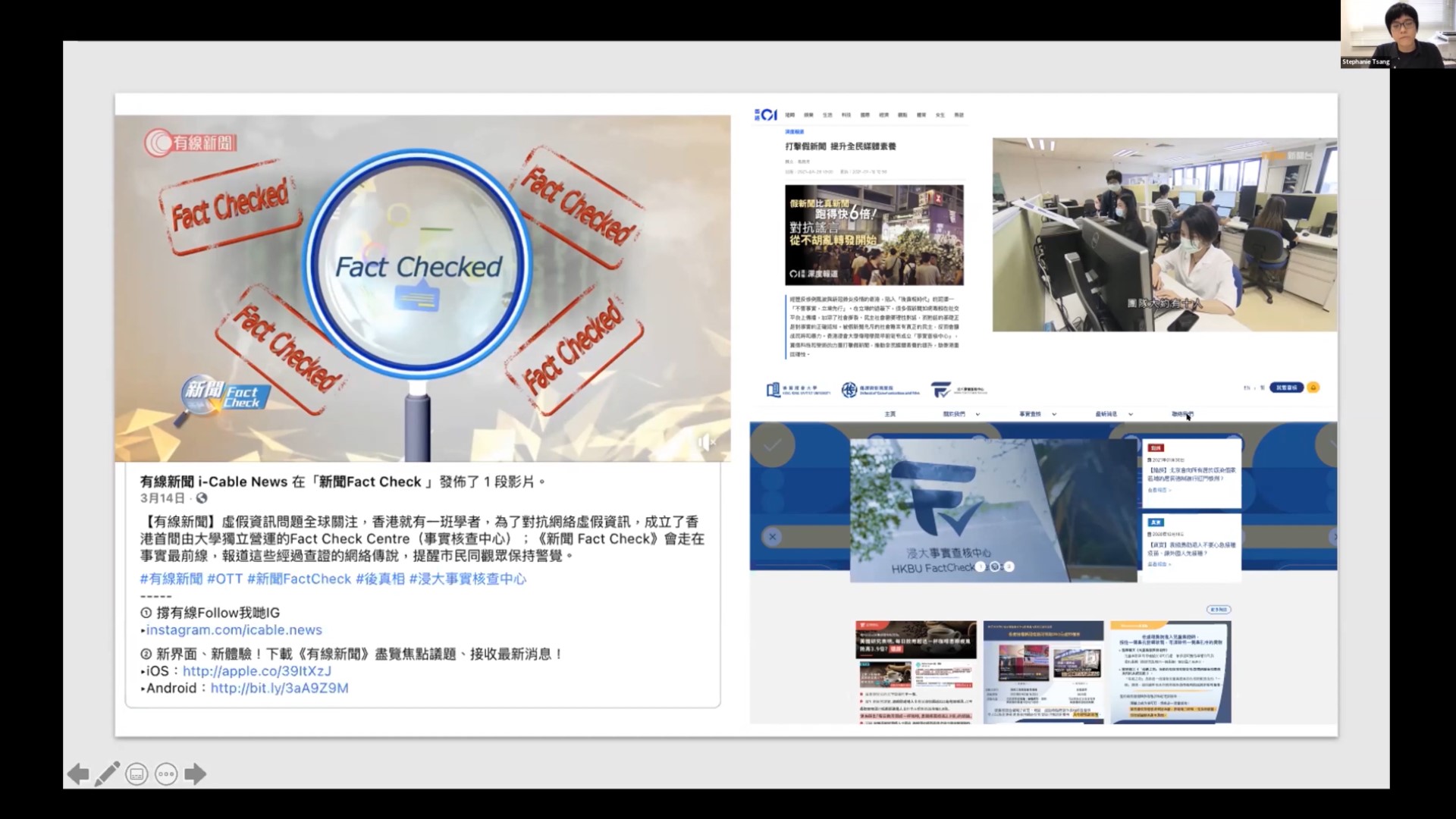
Understanding Perceptions of Fake News with Facebook Audience Insights in Hong Kong
2021 | 26 mins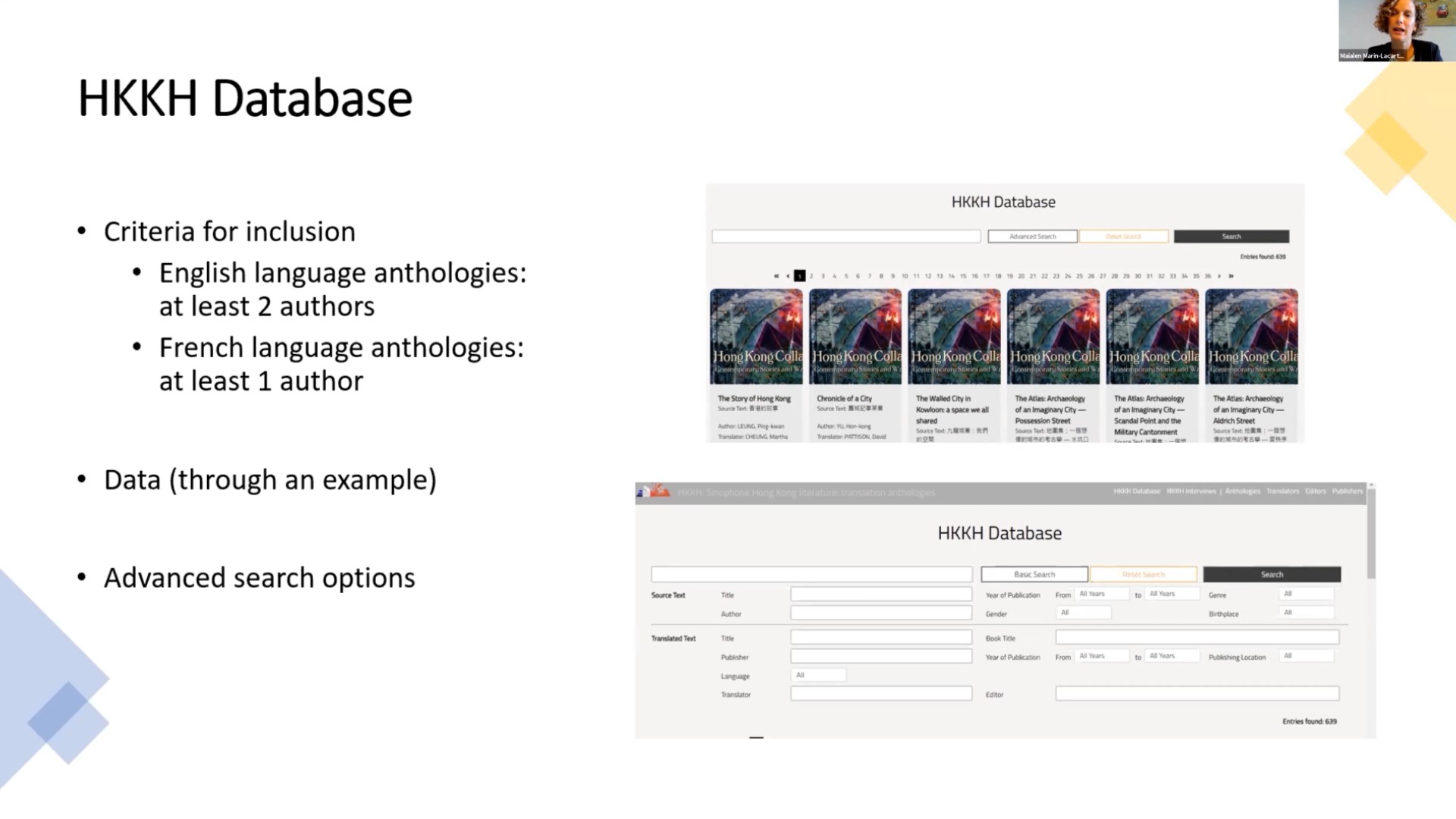
HKKH Database and Interviews: Promoting Sinophone Hong Kong Literature in Translation
2021 | 25 mins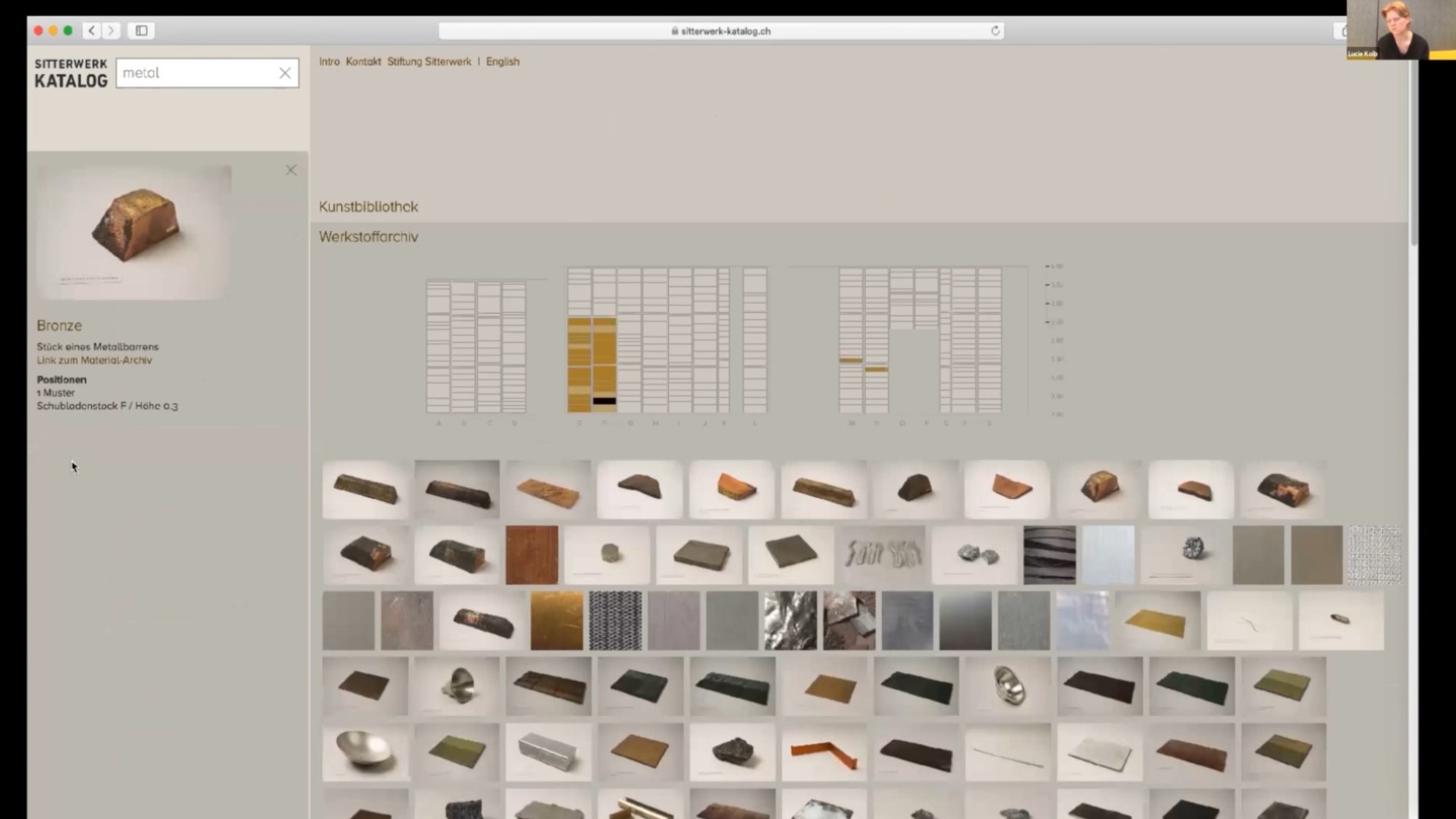
The Sitterwerk Art Library and Its Dynamic Order Using RFID
2021 | 38 mins
Author talk by Tim Tim Cheng
2025 | 81 mins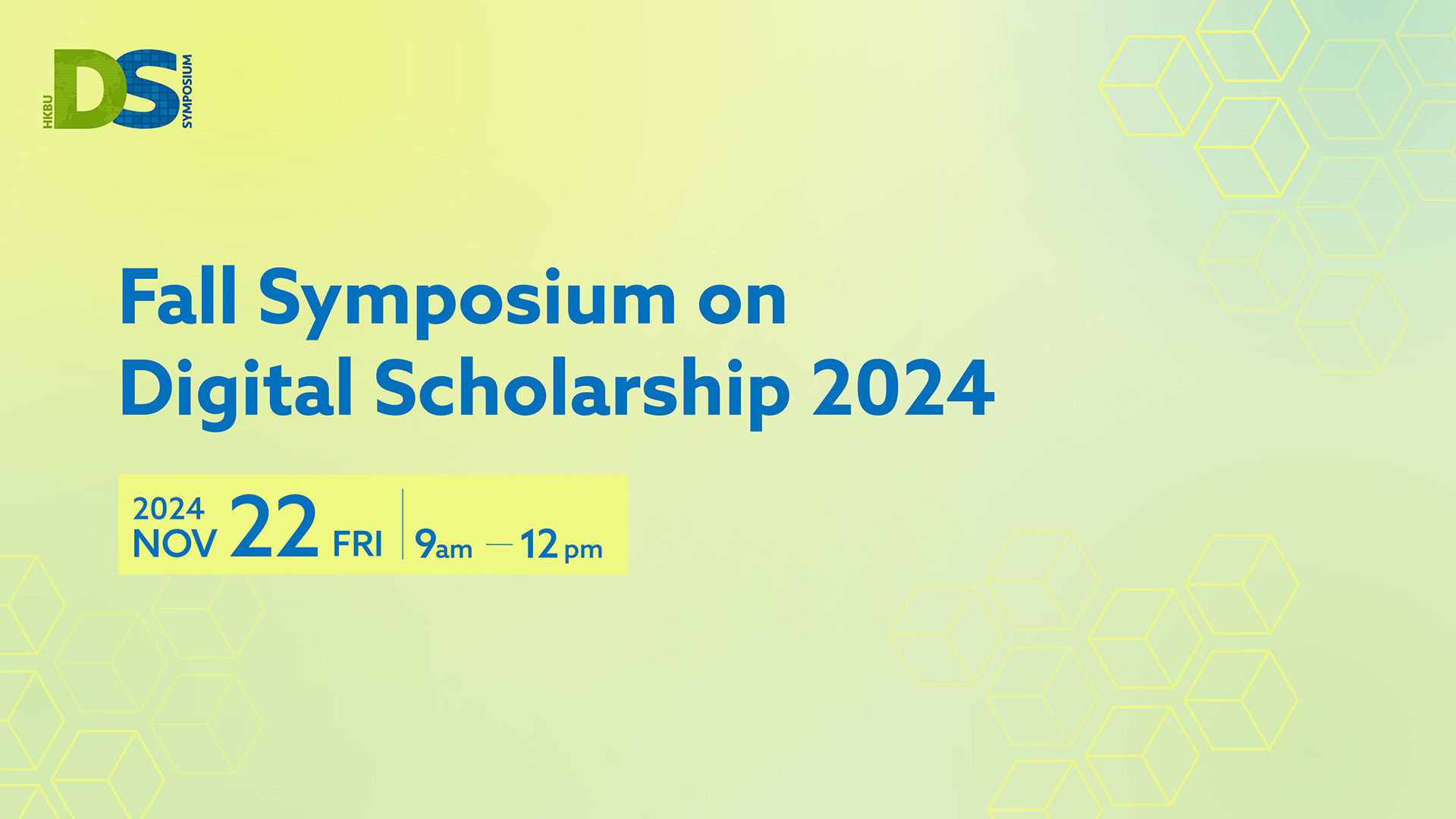
Touring Ottoman Lands: Murray's Routes for Southwest Asia, 1850-1900
2024 | 29 mins
Using Gemini to support OCR in archaic Chinese materials - a case study
2024 | 29 mins
From Grain to Grid: Digitizing Mortise and Tenon's Legacy
2024 | 24 mins
The Japanese Occupation of Hong Kong: A GIS-based Interactive Map Project
2024 | 23 mins
Bridging Tradition and Innovation: Proposing an Adaptive, AI-Driven Research Ecosystem for Humanities
2024 | 73 mins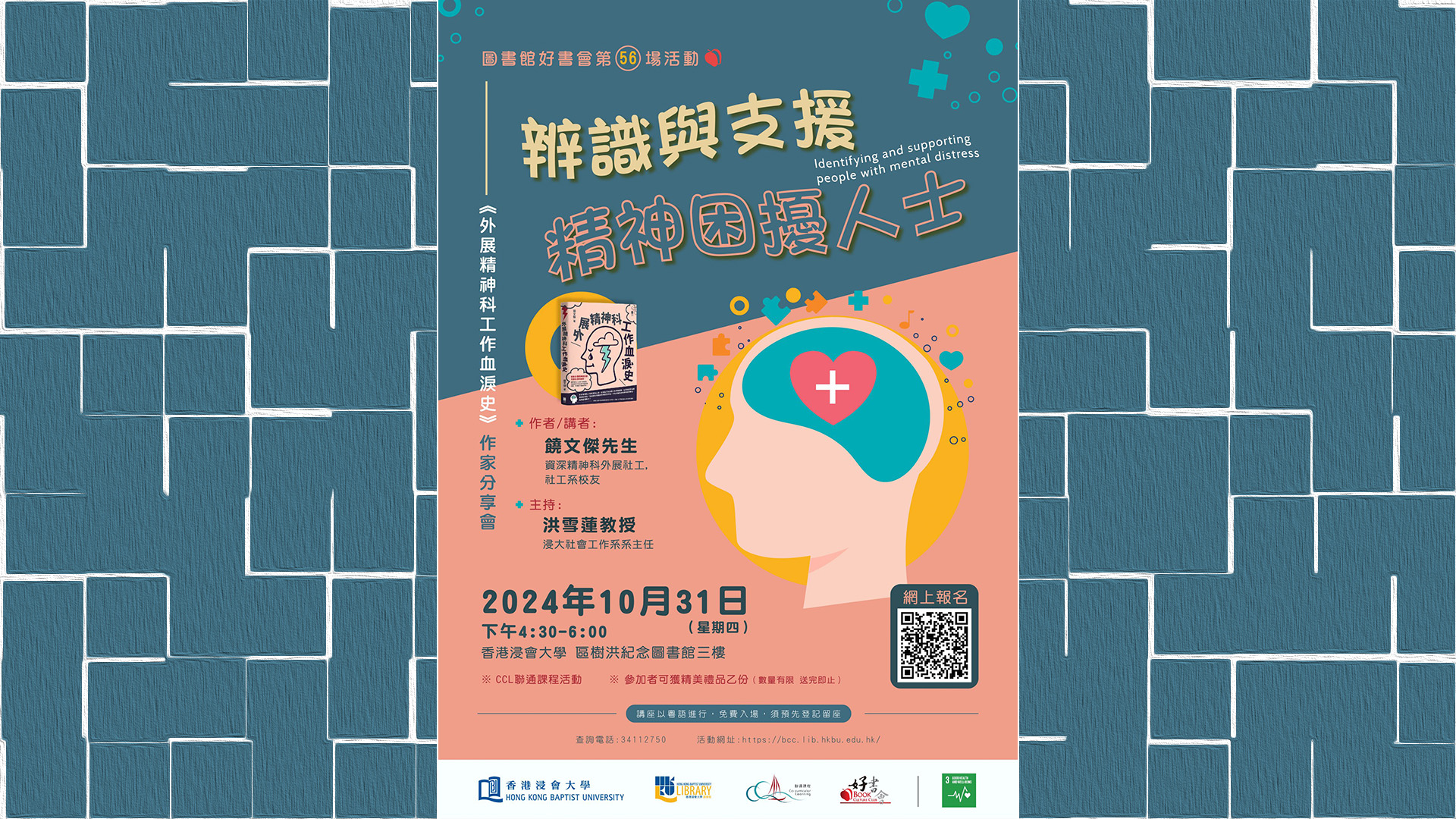
辨識與支援精神困擾人士:《外展精神科工作血淚史》作家分享會
2024 | 82 mins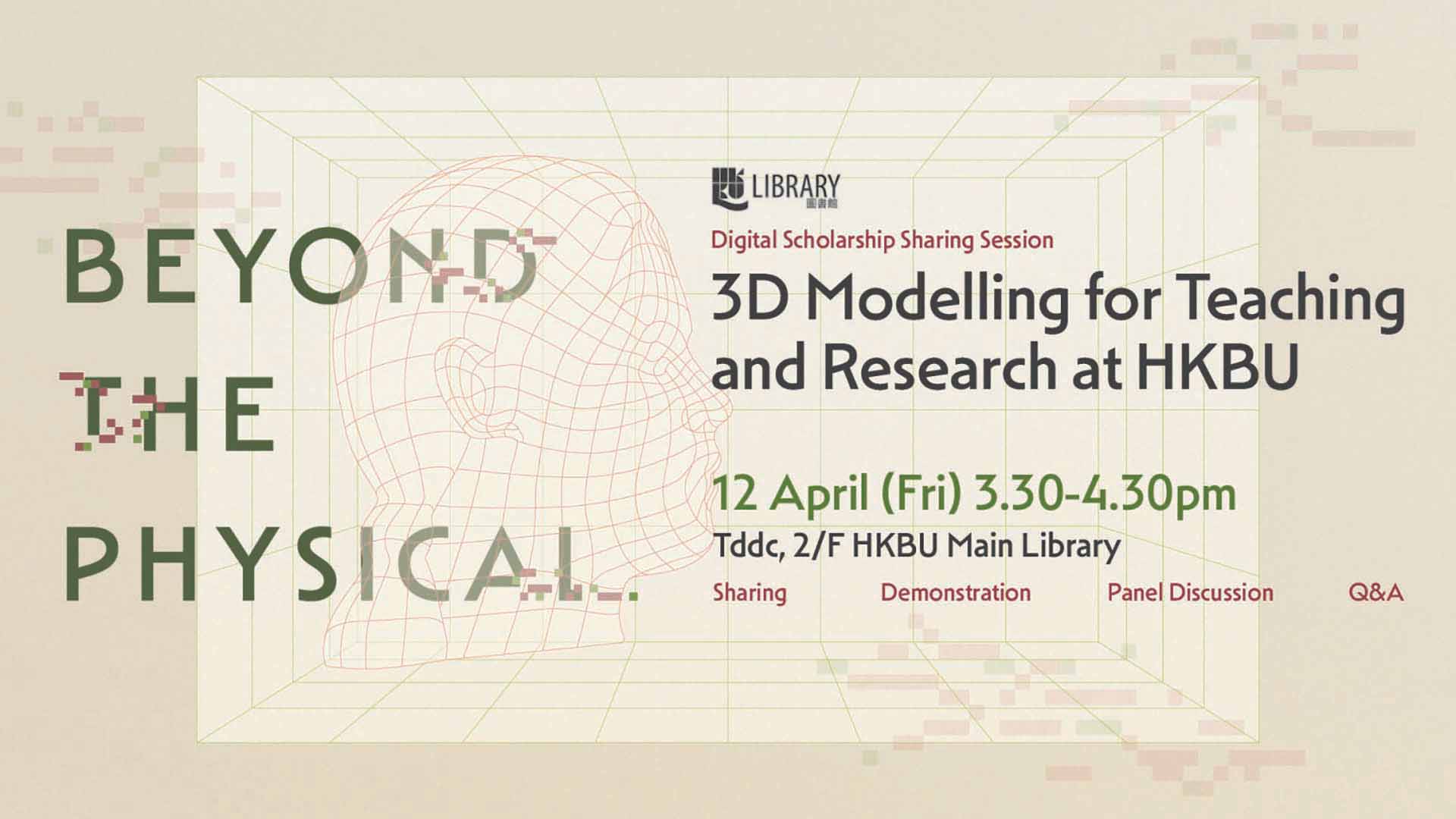
Beyond the Physical - 3D Modelling for Teaching and Research at HKBU
2024 | 60 mins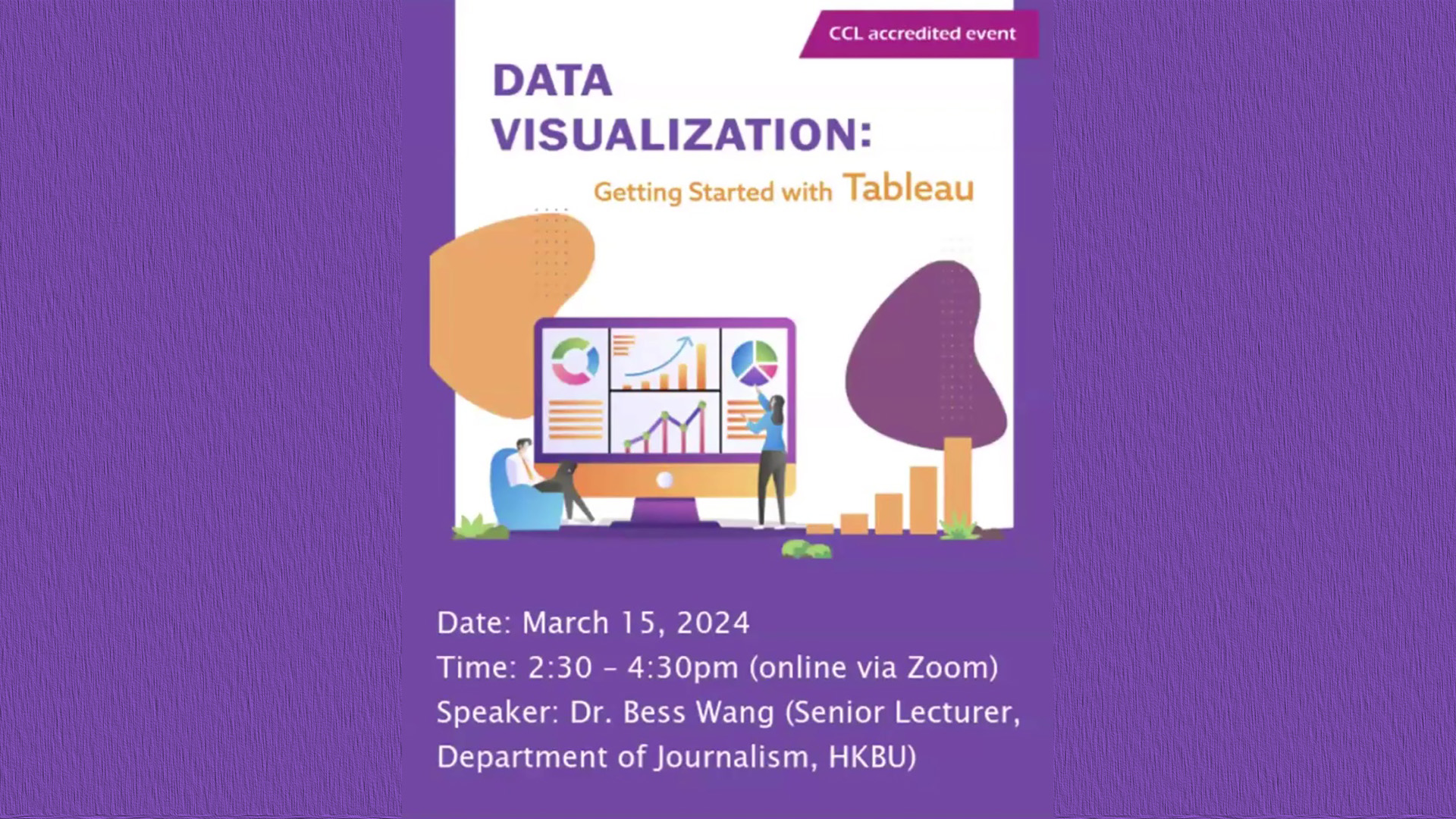
Data Visualization: Getting Started with Tableau
2024 | 125 mins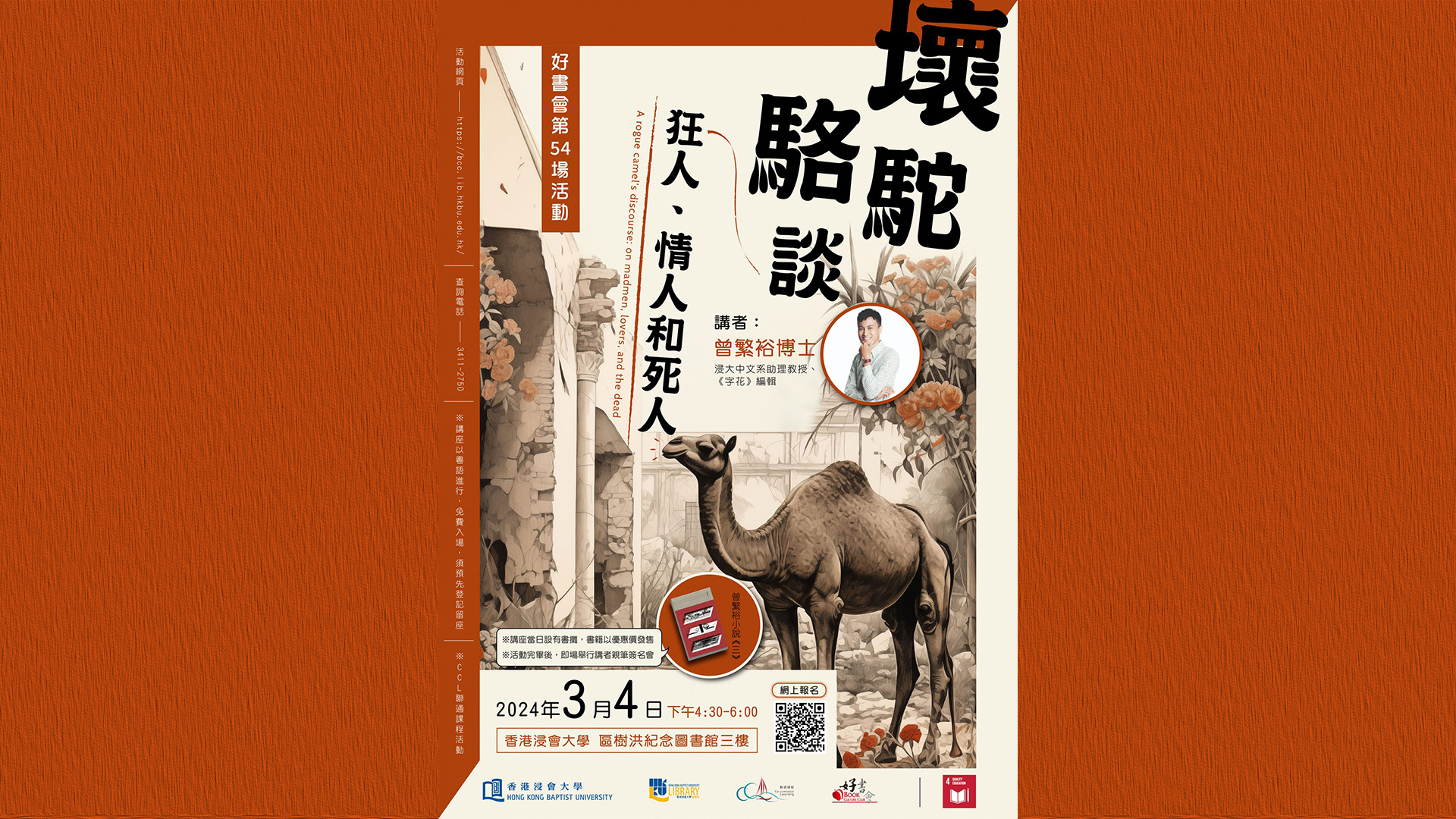
壞駱駝談狂人、情人和死人
2024 | 79 mins






